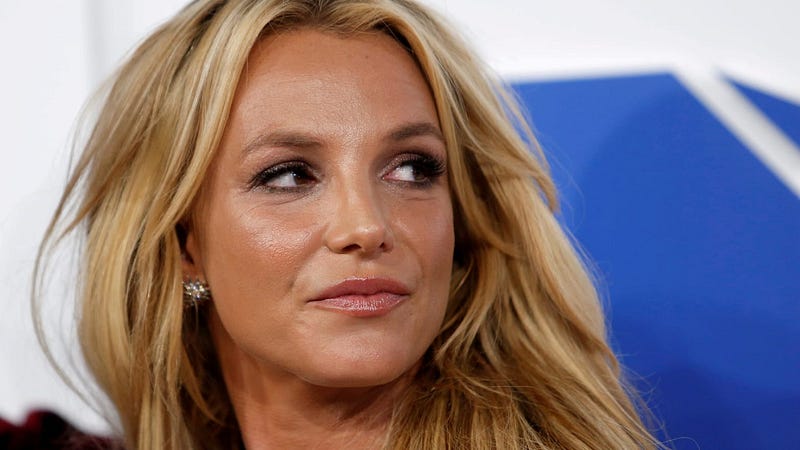
Popular news media sites have a long history of dehumanizing celebrities at their darkest moments. When celebrities go through a struggle with their mental health or addiction, they deserve to be treated with empathy and given privacy. Instead, leaks of celebrities going to rehab or acting out because of an internal problem is posed as juicy gossip for the masses to eat up. The way that mass media treats people going through struggles has been historically appalling, but upon further reflection of the unique narratives created around different celebrities’ scandals, it becomes clear that men and women often experience vastly different treatment.
Traditional and lasting gender expectations are infused into the news’ critique of celebrities. Because of gender norms and sexism, women are expected to be docile, quiet and agreeable. When women have loud outbursts, experience addiction or are generally abrasive, they defy these expectations. The media frequently treats these women as hysterical.
There is a long and troubled history, beginning in ancient Egypt, of women being diagnosed with a medical condition called hysteria. While the medical industry has come a long way in recognizing women’s humanity, popular media consistently perpetuates the idea that when women act outside of the rigid boundaries we have put them in, they are acting crazy.
Almost everyone can picture Britney Spears attacking a car with an umbrella. One does not have to look hard to find a compilation of mugshot photos of Lindsay Lohan (look on redbubble.com to find t-shirts, or on Etsy to find mugs, posters and even tote bags designed with them). Although it is true that these women were acting somewhat recklessly, they should have been given privacy to deal with their issues. Instead, they were painted as mentally unstable because the media made spectacles out of them.
Spears and Lohan could have been remembered for the acclaimed works of art they helped create. Lohan acted in
Mean Girls
(2004) and
The Parent Trap
(1998), movies that are still timelessly referenced decades after their release. Almost all millennials and Gen-Zers know the words to Spears’ “Toxic” and “… Baby One More Time.” But instead, these women’s legacies are marred by the decade of chastising and sensationalized media attention they received because they did not act perfectly.
As humans tend to do, they both went through some struggles. But, because they were famous women at the time of their “outbursts,” they did not have the privilege of being treated like full, complicated and multifaceted people. Women have been forced to live as one-dimensional beings for too long; it is time for the media to accept that women can struggle and still be a respectable person.
Britney Spears has since received some public redemption, but this is only thanks to the publicity generated by the ‘FreeBritney’ movement, which gained legitimacy and popularity in 2019. The movement has brought attention to Spears’ life: she went through mental health struggles, was victimized by the media for years and ended up in an abusive conservatorship. Only after the rise of this movement have popular media sites recognized the harm they caused Spears.
Surely some people would like to believe that this villainization of women was just a phenomenon of the wild media-sphere of the 2010s, but women still experience gendered double-standards from the media to this day. The caveat is that writers are now smarter about hiding their sexism. Women are criticized for trying too hard to be relatable (see Jennifer Lawrence), for being promiscuous or dating too many people (see Miley Cyrus or Taylor Swift), for being self-obsessed (see all of the female Kardashian/Jenners), for being bad mothers (see Sophie Turner or Emily Ratajkowski) or for going against societal expectations (see Meghan Markle). What do all of these traits have in common? They transgress and invert the accepted social position our culture uses to oppress women.
As feminine expectations are socially constructed, so are masculine ideals. Masculinity has been built in opposition to femininity. Men have been taught to express their pain externally. Their resulting aggression is expected and is often promptly forgiven.
Adverse reactions to the #MeToo movement propagate the idea that men are being spitefully persecuted and facing underserved professional consequences. The fate of Louis C.K., Kevin Spacey and Chris Brown prove that the violent actions of men can be easily overlooked for the sake of the continuation of their art. All three of these men committed violent acts against women. All three are currently producing art in their respective fields and have substantial fan bases made up of people who have presumably forgiven or forgotten their histories of brutality.
It seems like these male performers’ lives will not be defined by their offenses. Britney Spears, Lindsay Lohan and many other female celebrities who are preyed on by misogynistic media sites cannot say the same. These media sources, which have a significant impact on public opinion, must become more aware of their conscious or subconscious biases towards women and actively work on unlearning them. I am not asking writers, editors and paparazzi to stop criticizing famous women. I simply ask that criticisms aimed at both male and female celebrities become unwoven from gender expectations and sexist ideals.
















